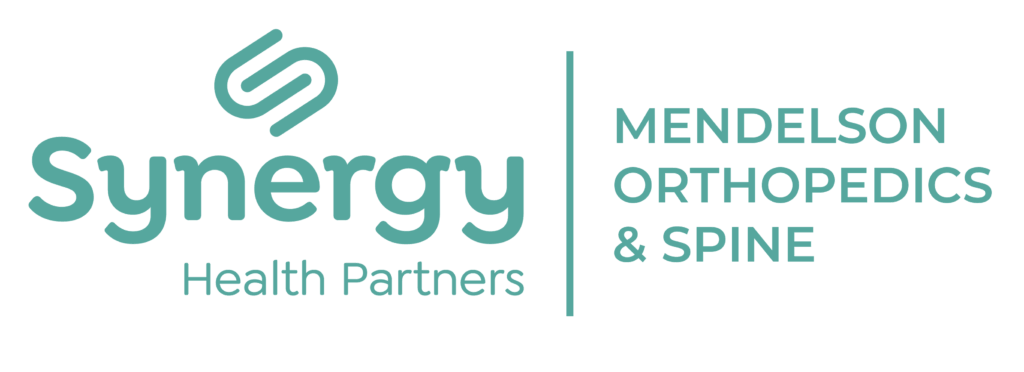Home | Conditions We Treat | Foot & Ankle Conditions | Bunions
Bunions (Hallux Valgus)
Carpal tunnel syndrome is a common condition that causes numbness, tingling, and pain in the hand and forearm. The condition occurs when one of the major nerves to the hand — the median nerve — is squeezed or compressed as it travels through the wrist.
In most patients, carpal tunnel syndrome gets worse over time. If untreated for too long, it can lead to permanent dysfunction of the hand, including loss of sensation in the fingers and weakness. For this reason, it is important to diagnose and treat carpal tunnel syndrome promptly.
What is a bunion?
A bunion is a bony bump that forms at the base of your big toe, where it meets the foot (the metatarsophalangeal or MTP joint). If you notice a bump on your big toe, especially if you experience pain, stiffness, or numbness, it’s important to see a healthcare provider for evaluation and treatment.
Types of Bunions
- Congenital Bunions (Congenital Hallux Valgus): Some babies are born with bunions.
- Juvenile or Adolescent Hallux Valgus: These affect individuals younger than 18.
- Tailor’s Bunion (Bunionettes): These form at the base of the little toe, often due to improper footwear or activities that press the little toe inward.
Symptoms and Causes
Symptoms of a Bunion
- A visible bump at the base of your big toe.
- Pain or stiffness in your big toe.
- Swelling and redness around the affected area.
- Difficulty moving or bending your big toe.
- Pain that worsens with certain shoes.
- Corns or calluses due to overlapping toes.
- Numbness in or around your big toe.
Causes of Bunions
Bunions develop due to a combination of factors:
- Footwear: Shoes with narrow or pointed toes that crowd your toes.
- Foot Mechanics: The way you walk can contribute to bunion formation.
- Inflammatory Conditions: Health issues like rheumatoid arthritis or lupus.
- Genetics: Family history of bunions or foot mechanics issues.
- Prolonged Standing: Spending long periods on your feet.
Management and Treatment
How Are Bunions Treated?
- Footwear Changes: Wearing shoes with wide, deep toe boxes to reduce pressure.
- Bunion Pads and Taping: Over-the-counter pads can cushion the area, and medical tape can help align your toes.
- Orthotic Devices: Custom or over-the-counter inserts to support your feet.
- Pain Relievers: Nonsteroidal anti-inflammatory drugs (NSAIDs) to reduce pain and swelling.
- Icing: Applying ice packs to reduce inflammation.
- Corticosteroids: Prescription medications to reduce inflammation.
- Physical Therapy: Exercises to strengthen your foot and improve alignment.
- Surgery: Recommended if other treatments don’t relieve symptoms or walking is extremely painful.





